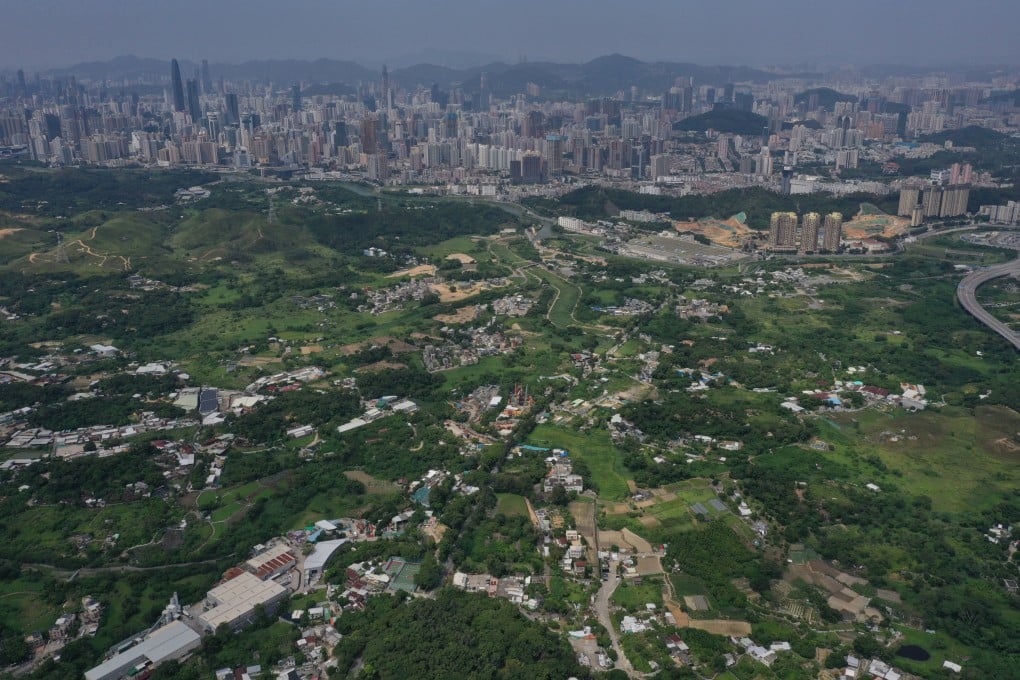Standard rates to be applied to some of Hong Kong’s New Territories farmland to speed up land acquisition and housing development
- Development Bureau also revised conditions for land exchanges for Northern Metropolis in the New Territories
- Officials say the new measures designed to cut red tape, streamline residential development

Hong Kong development authorities are to make permanent a special arrangement for charging land premiums at standard rates for the redevelopment of old industrial buildings and extend it to include some New Territories farmland in a bid to increase land and housing supply.
The Development Bureau also revised conditions for land exchange arrangements for the Northern Metropolis, a planned mega project in the New Territories.
The arrangements were designed to speed up residential development.
Developers pay a premium to the government when a modification or change in land use results in the plot having a higher value.
“The standard rates arrangement is an alternative to the conventional premium assessment mechanism,” the bureau said on Thursday.
“It aims to provide certainty to the premium amount and streamline development procedure to expedite development.”